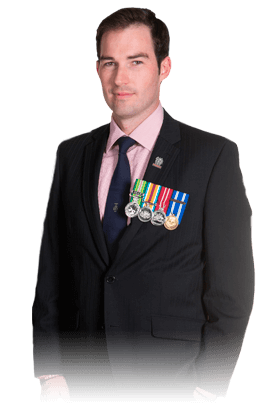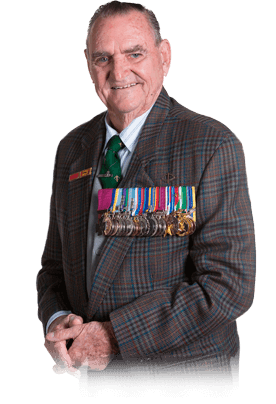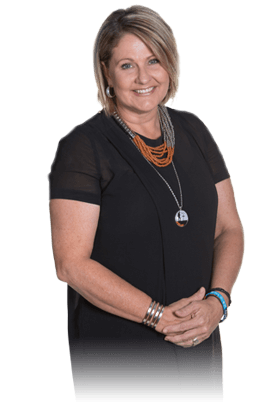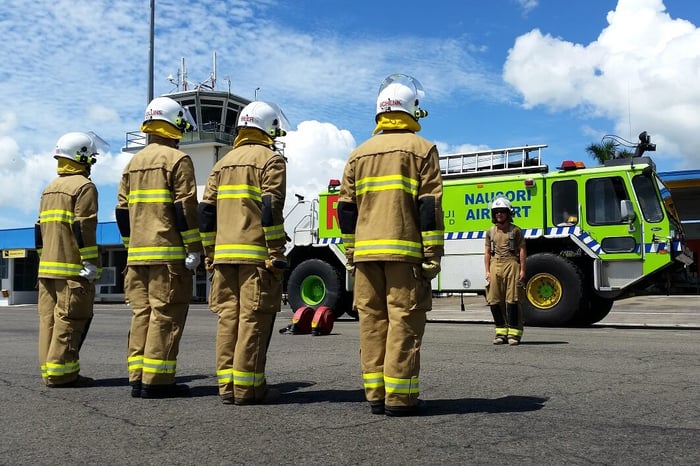
A SOLDIER'S PLEA: REFLECT ON TODAY'S ANZAC SPIRIT
John Bale knows the impacts of service, both in today's wars and when tracing his family history back to the Western Front.
His personal story of service is not unlike the countless accounts of young lads from bush and city who enlisted for the Great War.
He and his good mate, Michael Fussell, were boyhood mates who signed up together to serve their country. They studied at the Australian Defence Force Academy together; graduated the Royal Military College, Duntroon together; and when the time came for each to answer the call to war in Afghanistan, they both leapt at the chance. It was, just as could have been 100 years ago, two mates living their childhood dream.
But on 27 November 2008 the dream ended. Lieutenant Fussell, a Commando of the 4th Battalion, Royal Australian Regiment, was killed in an IED blast. He was just 25 years of age.
John was devastated by the loss. He wanted to do something, anything, to comfort Michael's family and he wanted to help the other men who had survived the blast. It was this tragic event that led to the idea for Soldier On.
Today, six and a half years later, John's life is dedicated to Soldier On and to helping all men and women - Navy, Army or Air Force - who have suffered physically and emotionally from service in war.
As CEO of Soldier On, he believes the Centenary of the Great War it is a time when Australia can look back, across two world wars, Vietnam and the longest fight of them all, the current war against terrorism, and reflect on generations of service and what we as a nation could do better to help those who continue the Anzac tradition.
"I am the fourth generation of my family to serve so I have a clear understanding of the tradition of service, and the costs of that service," he said. "My great-grandfather was shot through in the neck on the Western Front. My grandfather was at the fall of Singapore and was imprisoned at Changi. My father was wounded at the Battle of Coral in Vietnam. I luckily came away from Afghanistan without wounds, either physical or psychological but have seen the costs of that war on many I served with.
"Having such a long history of service has given me a unique perspective on how each generation of my family has been supported or otherwise by the wider Australian public. What has struck me from my own observations is the change in support and community understanding.
"My great-grandfather and grandfather's wars were very well understood, and the result was a wide network of people who were educated in their experiences and supported them through their wounds. Yes, there was a complete lack of understanding of the longer-term psychological effects of war and the subsequent effects on families and communities, but the general public knew what they fought for, and the realities of that fight.
"For my father's Vietnam generation it was different. Public opinion about the war was always in question and when our troops finally came home they were rejected by the community and abandoned. People blamed the soldier for the decisions of Government. Those who suffered psychological issues because of service had no one to turn to and the consequences are a shame that Australia has had to live with."
While John says the community has matured since Vietnam and is able to appreciate the separation between those who serve and the governments that commit them to war, he believes many people lack appreciation of the role of our troops and the challenges they faced.
"When I was in Afghanistan I saw that our people were in firefights with the enemy nearly every day. However, when I picked up the papers or watched the news, the war didn't really get a look in. It was only when a soldier was killed did the attention turn to the conflict.
"On the occasion that an Australian was wounded, there would be a small snippet of information on how it happened. There was no follow-up and no real public understanding or discussion about what being wounded really meant for the individual or the family."
John wants the community, government and the media, to take a real interest in the lives of those who have been affected by their involvement in Afghanistan and for that matter all operations that Australia has been involved in over the last twenty years.
"We are spending so much time and resources on conflicts of the past, in order to feed the narrative of our Anzac heritage, at the expense of forgetting our current generation of veterans - those who now carry forward the Anzac tradition.
"What the Centenary of the Great War shows is that in many ways closer to those who fought 100 years ago than we are to those fighting on battlefields today.
"The concept of Australia being born on the shore of Gallipoli is one that is used heavily throughout our primary and secondary education. Although we may be able to talk about the Nek, Simpson and his Donkey and the masterful withdrawal of Australian troops from the Gallipoli shore, most people couldn't name the Afghan province that we just spent the last 13 years fighting in."
John says to avoid another generation of servicemen and women who are, or feel, abandoned, be it through malice or obliviousness; we can acknowledge our pride in their service and take an active role to support those who come home.
"We honour the fallen for their sacrifice and the work they did to preserve our way of life. Let us commemorate them by caring for their mates, family members and comrades who continue to live and exhibit those exact same qualities and, with our help, will continue to do so for years to come."
If you want to know more about Soldier On, or need support, please visit soldieron.org.au/need-help. You can also contact Lifeline on 13 11 14.










